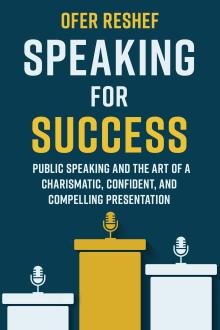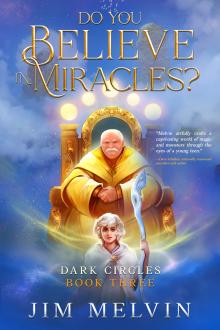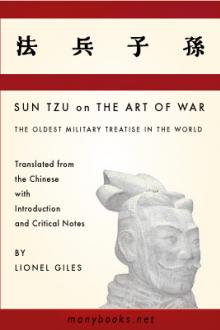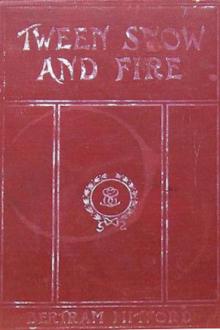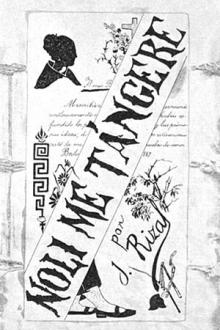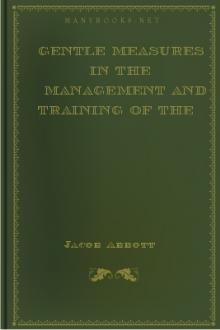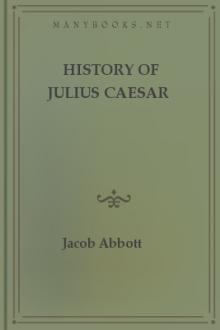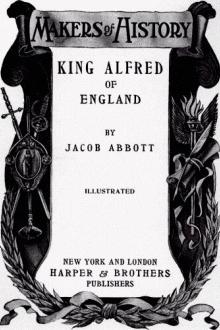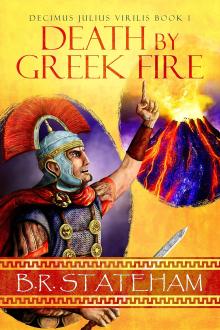Xerxes
Xerxes
Makers of History
The study of a general compend of history, such as is frequently used as a text-book, is highly useful, if it comes in at the right stage of education, when the mind is sufficiently matured, and has acquired sufficient preliminary knowledge to understand and appreciate so condensed a generalization as a summary of the whole history of a nation contained in an ordinary volume must necessarily be.
Book Excerpt
ent of the princesses and queens more rigorous and strict than common. By means of this policy he was enabled to go on for some months without detection, living all the while in the greatest luxury and splendor, but at the same time in absolute seclusion, and in unceasing anxiety and fear.
One chief source of his solicitude was lest he should be detected by means of his ears! Some years before, when he was in a comparatively obscure position, he had in some way or other offended his sovereign, and was punished by having his ears cut off. It was necessary, therefore, to keep the marks of this mutilation carefully concealed by means of his hair and his head-dress, and even with these precautions he could never feel perfectly secure.
At last one of the nobles of the court, a sagacious and observing man, suspected the imposture. He had no access to Smerdis himself, but his daughter, whose name was Phædyma, was one of Smerdis's wives. The nobleman was excluded from all direct intercour
FREE EBOOKS AND DEALS
(view all)Popular books in History, Young Readers
Readers reviews
5.0
LoginSign up
First of all read Jacob Abbott's "Darius the Great", as it covers Xerxes' father Darius and the first of the Persian Wars.
"Darius the Great" is a fascinating history told by Jacob Abbott, a wonderful story-teller and historian. We are introduced first to Cyrus, the founder of the ancient Persian empire, his deranged son, Cambyses, and to Darius himself. We follow Darius and his massive military as he invades Greece, in the Battle of Marathon - the first of the Persian Wars, one of those great events in the history of the human race which continues to attract, from age to age, the admiration of mankind.
I would recommend that the moment you finish reading this book, you download Jacob Abbott's "Xerxes" which picks up where "Darius the Great" ends with Darius' son Xerxes and the second Persian War ... even more of a page-turner.
Both books are as much about the ancient Greek city-states and their amazing reaction to two massive invasions of their homelands as they are about the Persian Empire.
High drama at its best; I would recommend both books to anyone with an interest in history (seems very contemporary at times) and would like an introduction to ancient Greece and Persia.
Who knew ancient history could be so fascinating!
"Darius the Great" is a fascinating history told by Jacob Abbott, a wonderful story-teller and historian. We are introduced first to Cyrus, the founder of the ancient Persian empire, his deranged son, Cambyses, and to Darius himself. We follow Darius and his massive military as he invades Greece, in the Battle of Marathon - the first of the Persian Wars, one of those great events in the history of the human race which continues to attract, from age to age, the admiration of mankind.
I would recommend that the moment you finish reading this book, you download Jacob Abbott's "Xerxes" which picks up where "Darius the Great" ends with Darius' son Xerxes and the second Persian War ... even more of a page-turner.
Both books are as much about the ancient Greek city-states and their amazing reaction to two massive invasions of their homelands as they are about the Persian Empire.
High drama at its best; I would recommend both books to anyone with an interest in history (seems very contemporary at times) and would like an introduction to ancient Greece and Persia.
Who knew ancient history could be so fascinating!
- Upvote (0)
- Downvote (0)

 Free Download
Free Download
